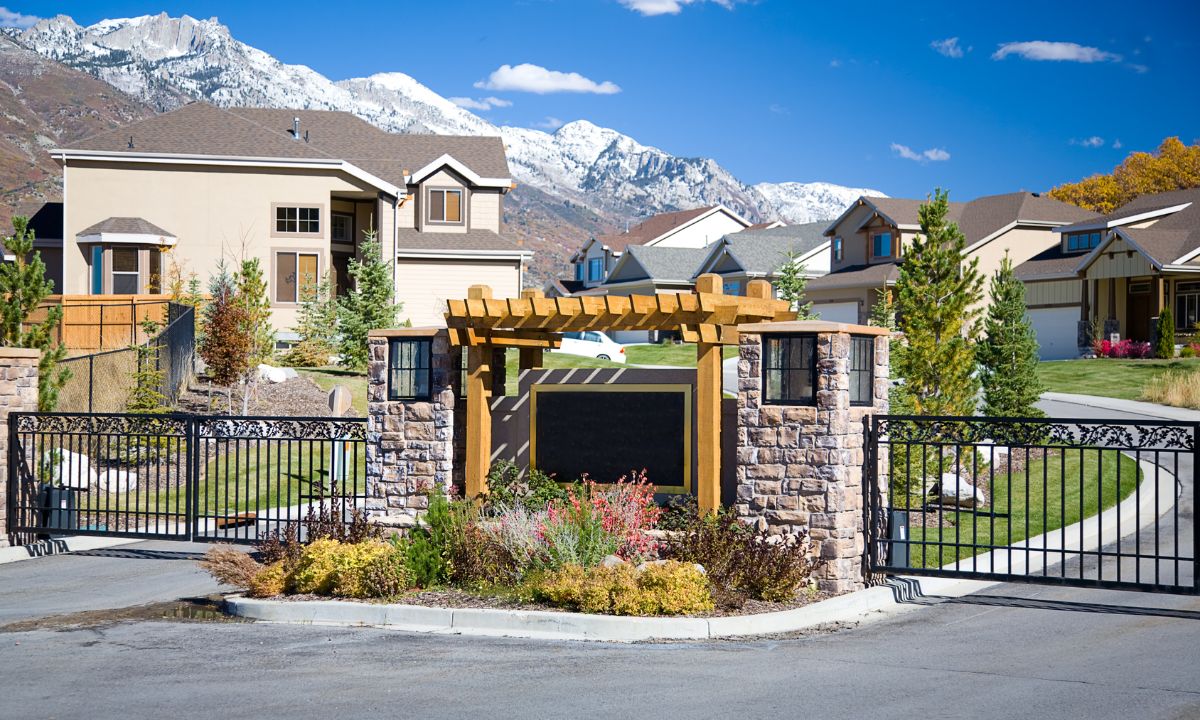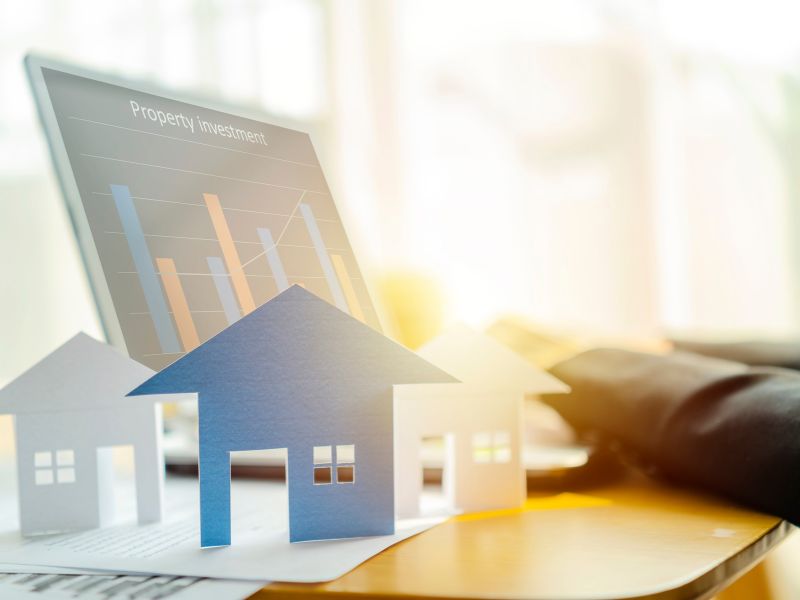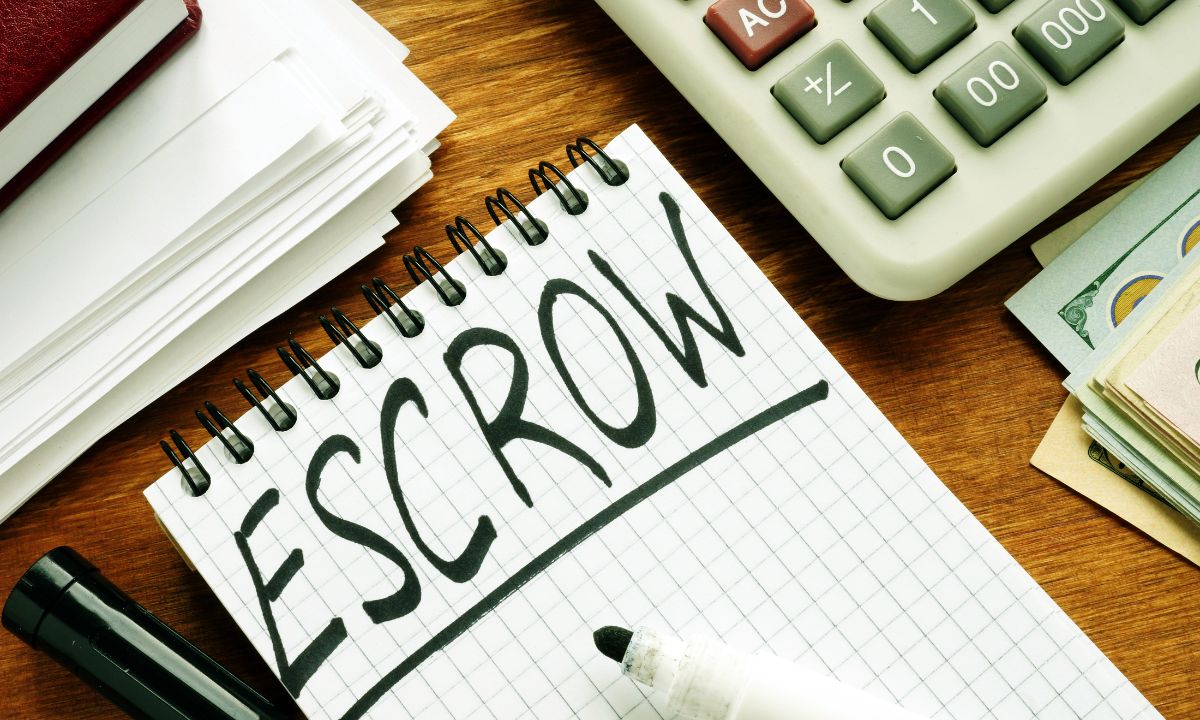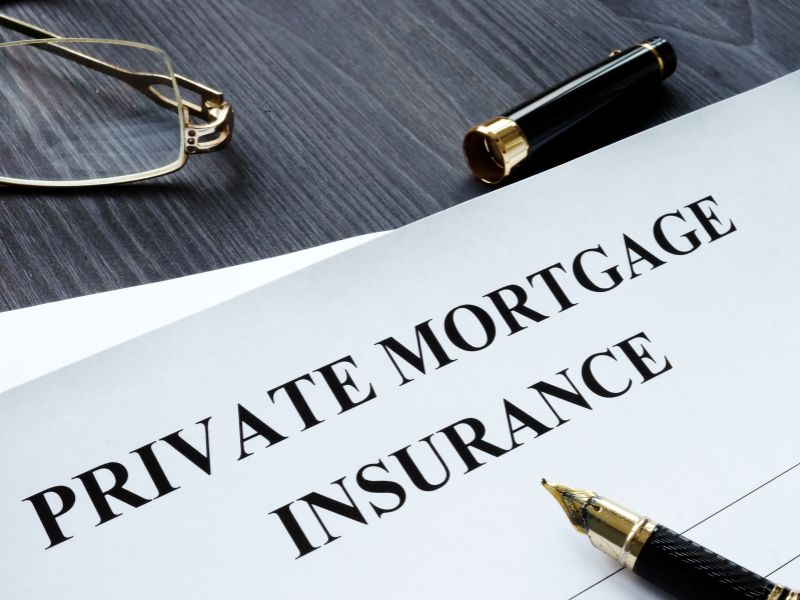 Welcome to our consumer blog, where we delve into the finer details of real estate and homeownership. Today, we’re exploring the enticing realm of gated communities and why they might just be the perfect fit for your next home purchase.
Welcome to our consumer blog, where we delve into the finer details of real estate and homeownership. Today, we’re exploring the enticing realm of gated communities and why they might just be the perfect fit for your next home purchase.
1. Enhanced Security: One of the most obvious perks of residing in a gated community is the heightened sense of security it offers. With restricted access points and often round-the-clock security personnel, gated neighborhoods provide a level of safety and peace of mind that is hard to match. For families, this means children can play freely and residents can rest easy knowing their homes are protected.
2. Exclusive Amenities: Gated communities often boast an array of exclusive amenities, from pristine swimming pools and state-of-the-art fitness centers to meticulously maintained parks and recreational areas. These perks aren’t just luxuries – they’re opportunities to enhance your quality of life and foster a sense of community among neighbors.
3. Maintenance and Aesthetics: When you buy a home in a gated community, you’re not just investing in a property – you’re investing in a meticulously planned environment where every aspect, from landscaping to infrastructure, is carefully curated. This means you can expect well-maintained common areas, beautifully landscaped surroundings, and strict adherence to architectural guidelines, ensuring that your property retains its value for years to come.
4. Sense of Community: Living in a gated community often fosters a strong sense of belonging and camaraderie among residents. Whether it’s through organized events, community gatherings, or simply waving hello to your neighbors as you stroll down the tree-lined streets, gated living encourages meaningful connections and friendships that can last a lifetime.
5. Privacy and Exclusivity: Let’s not forget the allure of privacy and exclusivity that comes with residing in a gated community. Away from the prying eyes of the public, you can enjoy a sense of seclusion without sacrificing convenience. It’s the best of both worlds – a tranquil retreat that’s still within easy reach of urban amenities.
6. Increased Property Value: Last but certainly not least, investing in a home in a gated community can be a smart financial move. The combination of security, amenities, and prestige associated with gated living often translates to increased property values over time, making it a sound long-term investment.
Buying a home in a gated community isn’t just about acquiring a piece of real estate – it’s about embracing a lifestyle characterized by security, luxury, and community spirit. Whether you’re raising a family, seeking a peaceful retreat, or simply craving the finer things in life, gated living offers an array of benefits that are hard to resist. So why settle for the ordinary when you can experience the extraordinary? Unlock the door to a world of possibilities and discover the joys of gated living today.
 The interest rate you qualify for when securing a mortgage can make a huge difference in your financial journey. The good news is, that by understanding how credit scores impact mortgage rates and implementing strategic steps to boost your score, you can potentially unlock lower rates and save thousands of dollars over the life of your loan.
The interest rate you qualify for when securing a mortgage can make a huge difference in your financial journey. The good news is, that by understanding how credit scores impact mortgage rates and implementing strategic steps to boost your score, you can potentially unlock lower rates and save thousands of dollars over the life of your loan. In the rapidly evolving landscape of real estate, smart homes are emerging as a transformative force, reshaping the way we live and interact with our living spaces. Automation and technology have become integral components of modern homes, offering unprecedented levels of convenience, efficiency, and sustainability. This article delves into the burgeoning realm of smart homes, exploring the impact of automation and technology on the real estate industry and the future trends that promise to redefine our concept of home.
In the rapidly evolving landscape of real estate, smart homes are emerging as a transformative force, reshaping the way we live and interact with our living spaces. Automation and technology have become integral components of modern homes, offering unprecedented levels of convenience, efficiency, and sustainability. This article delves into the burgeoning realm of smart homes, exploring the impact of automation and technology on the real estate industry and the future trends that promise to redefine our concept of home. Whether you’re a first-time homebuyer or a seasoned homeowner considering a refinance, the term “escrow account” often looms as a source of confusion. Yet, understanding the ins and outs of escrow accounts is crucial for managing your homeownership responsibilities effectively. In this article, we’ll address some common questions and concerns regarding escrow accounts to shed light on their importance and functionality.
Whether you’re a first-time homebuyer or a seasoned homeowner considering a refinance, the term “escrow account” often looms as a source of confusion. Yet, understanding the ins and outs of escrow accounts is crucial for managing your homeownership responsibilities effectively. In this article, we’ll address some common questions and concerns regarding escrow accounts to shed light on their importance and functionality. Choosing the right mortgage term is a critical decision when purchasing a home. The two most common options are 15-year and 30-year mortgage terms. Let’s compare the advantages and disadvantages of each to help you make an informed decision:
Choosing the right mortgage term is a critical decision when purchasing a home. The two most common options are 15-year and 30-year mortgage terms. Let’s compare the advantages and disadvantages of each to help you make an informed decision: It’s easy to get Private Mortgage Insurance (PMI) confused with homeowners’ insurance, but PMI is an entirely different thing that may or may not be necessary when it comes to your home purchase. If you’re going to be investing in a home in the near future and are wondering what PMI may mean for you, here are some things to consider regarding this type of insurance.
It’s easy to get Private Mortgage Insurance (PMI) confused with homeowners’ insurance, but PMI is an entirely different thing that may or may not be necessary when it comes to your home purchase. If you’re going to be investing in a home in the near future and are wondering what PMI may mean for you, here are some things to consider regarding this type of insurance.